JRPGs are a complex genre as they can span a variety of subgenres within them. However, the most common ones often have the same gameplay with random encounters and a similar story about needing to save the world. This can get too repetitive because of the constant grinding and turn-based battles. Not to mention, while you are a hero travelling the lands to save the world, sometimes the world is just a bit too big that you may need to consult a walkthrough or your characters will probably roam the earth until they die.
The time travelling mechanic in Chrono Trigger, despite not being a series, definitely deserves a special mention.
However, there are some JRPGS that have proven to have a solid theme and gameplay that have managed to span several entries into their series that’ll keep you not only entertained, but have your RPG craving filled until the next entry hopefully comes out. While they may still have their grinding and turn-based battles, they provide some new gameplay mechanics that bring something fresh and unique only to their series.
The games in this list not only provide interesting gameplay mechanics, but also, a considerable amount of entries in their respective series so that you can play to your heart’s content (if you wish).
Fire Emblem

Personal favourite entry: Fire Emblem (2003)
I’m sure many people have played or heard of Fire Emblem by now. Coming into prominence with Fire Emblem: Awakening, it has since become one of the most popular games in Nintendo’s lineup, releasing not one, but four games within the next two years.
The first mechanic I want to mention is Permadeath. It’s common knowledge in strategy games that “every move counts.” And that is emphasized in Fire Emblem by how once your characters die — they’re gone for good. While the newer entries added a casual mode to make it easier for new players, it should still be acknowledged it was still one of the game’s defining features and it really created that extra importance in planning your moves. Even now, you’re not truly playing if it’s not with permadeath on.
The second mechanic, which has become one of the main appeals for the newer entries (to the dismay of longtime fans) is the Support System. The whole point of having supports between characters would be to build up their stats when they were in close proximity with one another in the battlefield, but also to reveal backstories between different characters and thus add some characterisation. However in Awakening, they took that one step further by having characters support increase the chances of tag-teaming or shielding one another from attacks. But in addition to that, characters who’ve achieved full support can lead to marriage, and then even have children with combined stats of both the parents, leading to incredibly overpowered units in the game.
In addition to the mechanics, the game provides class changes aswell which allow for alot of replayability and customization for your units. With an expansive lore for each story and different difficulty levels to suit your needs, Fire Emblem has hours of fun for both casual and hardcore fans alike.
Atelier

Personal favourite entry: Atelier Escha & Logy: Alchemists of the Dusk Sky (2013)
You’ve probably never heard of the Atelier games if you aren’t a big fan of JRPGs but the series has been quite popular, releasing 18 titles (13 localised for the west) showing that that it is a solid contender among JRPGs.
The Atelier series is surrounded on the concept of Alchemy as you spend your time either crafting up new items or exploring dungeons for new ingredients and recipes.
Certain entries in the series give the player a time limit in which they must complete a task in order to advance the main storyline (or even continue the game at all) so management is a big key in the game. To get items such as weapons and armor, you need to synthesise the required items which you need to explore dungeons to find — and to get even better items, you need to find raise your alchemy level to do so, making it integral that you don’t just fight your way through dungeons, but explore them thoroughly.
Despite the battle mechanics bringing nothing new to the genre and can be a bit of a grind, this is forgiven due to the intriguing plot and charming characters that bring a new twist on the old RPG formula.
Monster Hunter

Personal favourite entry: Monster Hunter 4 Ultimate (2013)
Monster Hunter is definitely the epitome of “Role-Playing.” The feature of the game is explained in the title itself. You hunt monsters in the game, but it is no easy feat. You can’t just hack and slash them, you need to learn the way they work such as their movements, their attacks, their weak spots. When you defeat them, you then skin and take their parts in order to create better weapons and armors to power yourself up. (There is no leveling up, you simply improve with your own skill.)
This always keeps the game fresh and exciting as you always have to be on your feet and while some monsters are easy, some monsters — no matter how strong your armor or weapon is — if you just rush in, you’re gonna get a good beating even from a monster you already beat.
Even if you somehow expertly defeat all monsters, there are also a variety of weapons to choose and master, even if you get a strong weapon, its effects may be inferior to a weaker weapon you have. Work with what you’re comfortable with.
It also encourages multiplayer too, as not only are the monsters sometimes impossible to defeat without friends, but also the streetpass players you get can be sent on missions to get freebie items. Despite being a fan of turn-based systems (because I basically suck at playing real time), this game really brings that sense of adventure and fun that you really want to be looking for in a RPG.
Rune Factory
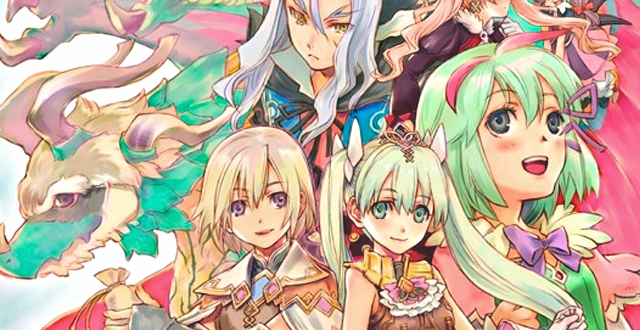
Personal favourite entry: Rune Factory 4 (2012)
Rune Factory is a spin off of the Harvest Moon games. The main mechanics are to fight monsters and farm. This game is more focused on the social aspect as the plot is focused on the player talking to the citizens and saving the world. As a spinoff to the popular Harvest Moon series, farming is fun as its one of the ways you earn income in the game. Of course if you want, you can just go to the dungeons outside of town and hack and slash your way and gather stuff.
Outside of the plot, there is an array of things to do and absolutely no time limit. You can farm, you can fight, you can craft things, you can even tame monsters and either get produce from them (milk/wool/honey) or even use them to work on your farm or as companions. Also, there is no limit to which monsters you can interact with. Want to ride a giant tomato monster into battle? No problem! Want to raise your affections with your giant turtle monster? Just pet and brush them everyday!
In a way this game pokes fun at the RPG game, breaking the boundaries such as growing giant fruit, the in jokes, and absurdity of the character portrayal in the game. And the best part is, there is no end-game. Even when 50 years have passed and your character is married with a child, you can play the game forever. There’s also a debate regarding what the maximum level your character can achieve is, with the most I’ve seen being 600 but apparently some have said you can go up to 30,000 (I’ve only gone up to level 40…)
Suikoden

Personal favourite entry: Suikoden 2 (1998)
I’m sure you may have heard that Suikoden 2 is one of the “best” JRPGs you need to play. But the reason I included the series in this list is that all the plots, while connected to its prequel or not, all revolve around the 108 stars, which are characters you need to collect in the game. While some are generic and you can miss some, this doesn’t change the fact that there are 108 characters to recruit. It really brings that personal experience into the game and there is a variety of combos and parties you can play, not to mention the characters and the conversations you may also miss out on. As part of the plot, you manage your own castle in which your party members reside, so it’s pretty fulfilling to see your army getting bigger.
The game also allows you to have 6 party members, yet the battles are fast-paced and require you to think about both the speed of your characters (which determine who attacks first)and the combos and group attacks that you can do (depending on the characters you have in your team). But the most interesting mechanic I find about battles is that, no matter if human or monster, you can bribe them to flee from battle. (Which I would say is weird but then again, you get gold from monsters when you defeat them so… actually it makes sense.)
Disgaea
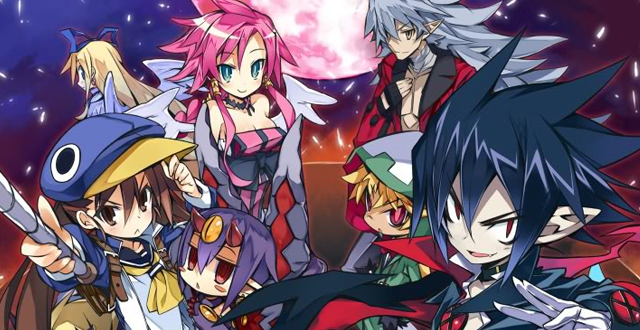
Personal favourite entry: Disgaea 4 (2011)
To be perfectly honest, I have never completed a Disgaea game before. But I had to include it into the list because of how well done the battle mechanics are. In particular, the introduction of Geo Symbols, which control the field and can change anything from stat effects to completely disabling your character’s moveset. Geo Symbols can only be destroyed by using your turns to move your characters across the field to remove them. This, along with being able to throw items and characters, and group attacks can make for some intricate strategy tactics.
The game’s most defining feature is that due to the multiple endings that can be acquired, the game offers new game+ and the ability to carry over characters and items, which can lead you to bring your characters to the maximum level of… 9999. Yes, if you so may wish, you can raise your characters to be level 9999, leading to a lot of game time. The game also has a “complicated” gameplay mechanic during battles as your environment can affect your character’s abilities leading to quite some thinking.
The party can be entirely customized also, as you can choose plot characters or create your own based on the available characters you have. I would say this game is for the hardcore players who love tactical strategy RPGs, as there are countless of missions, both storywise and optional, to get through — you also have multiple ending depending on choices you have made.
—-
In the end, these are just my own personal favourite JRPGs and I am in no way claiming they are the best. Have you tried any of these game series out? Do you have any others you’d recommend? Let me know in the comments below!


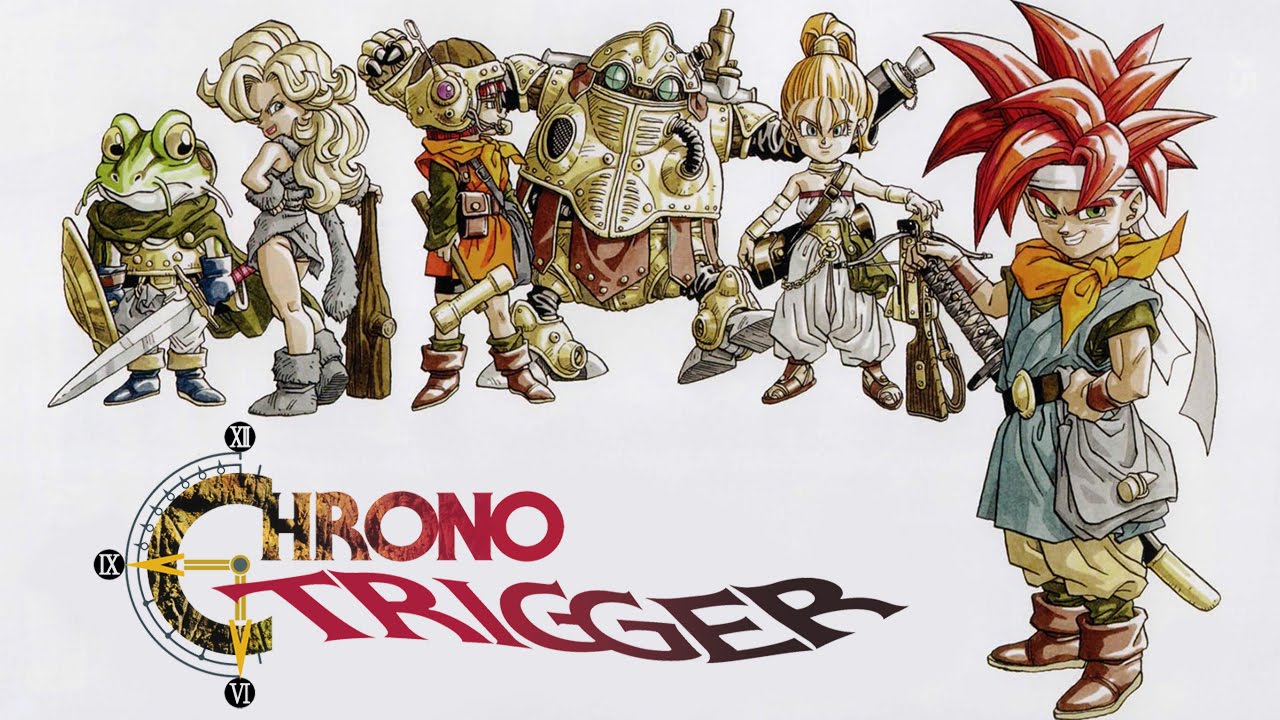
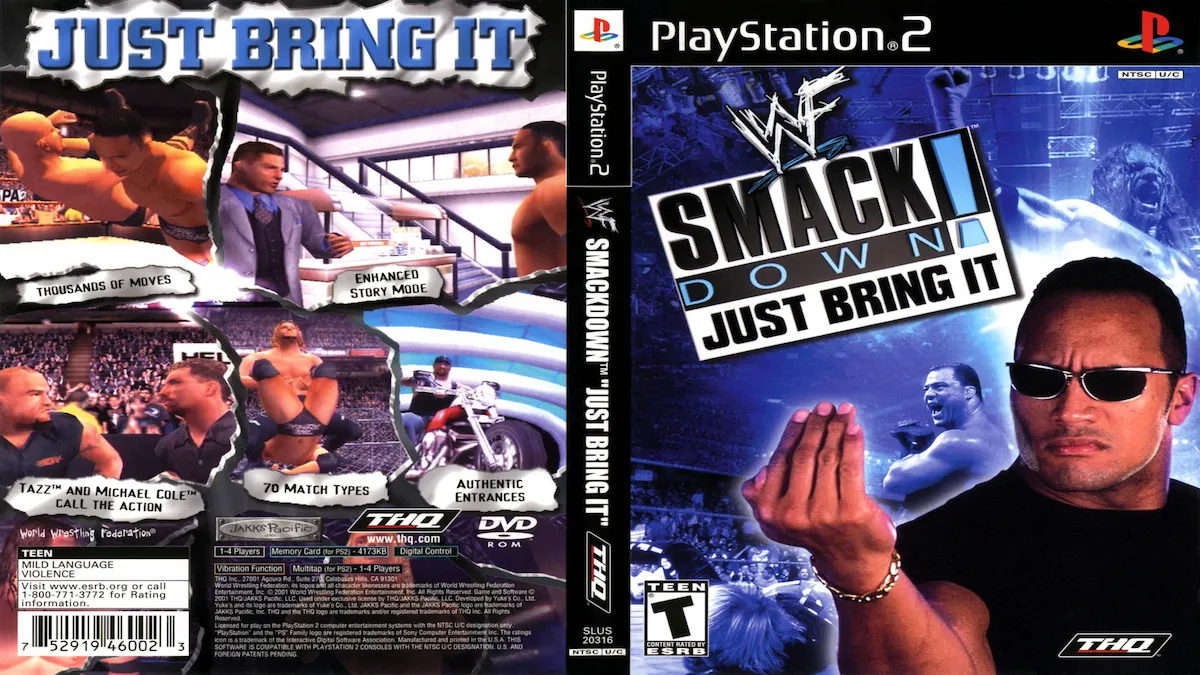
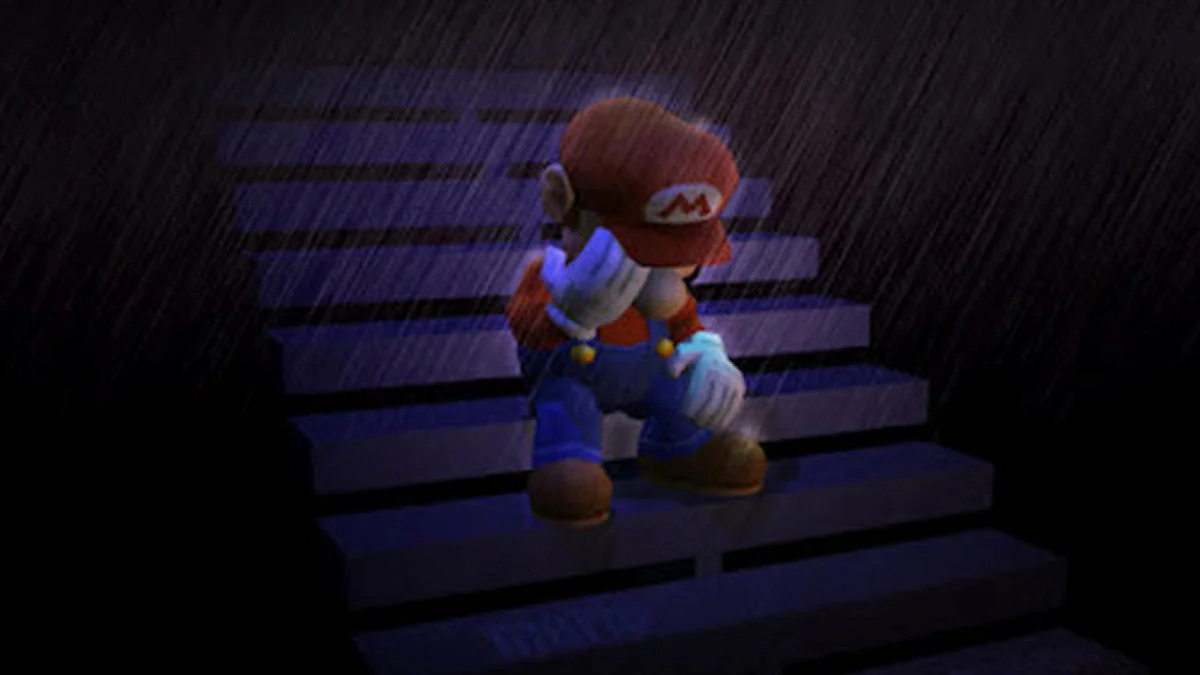
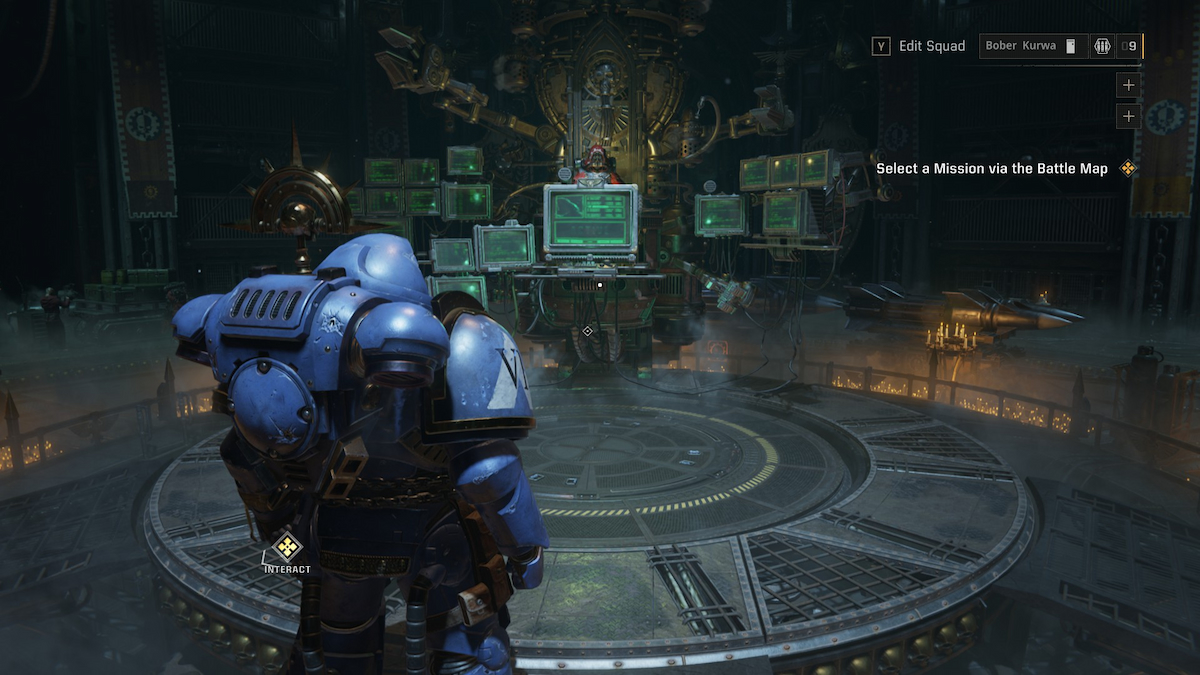
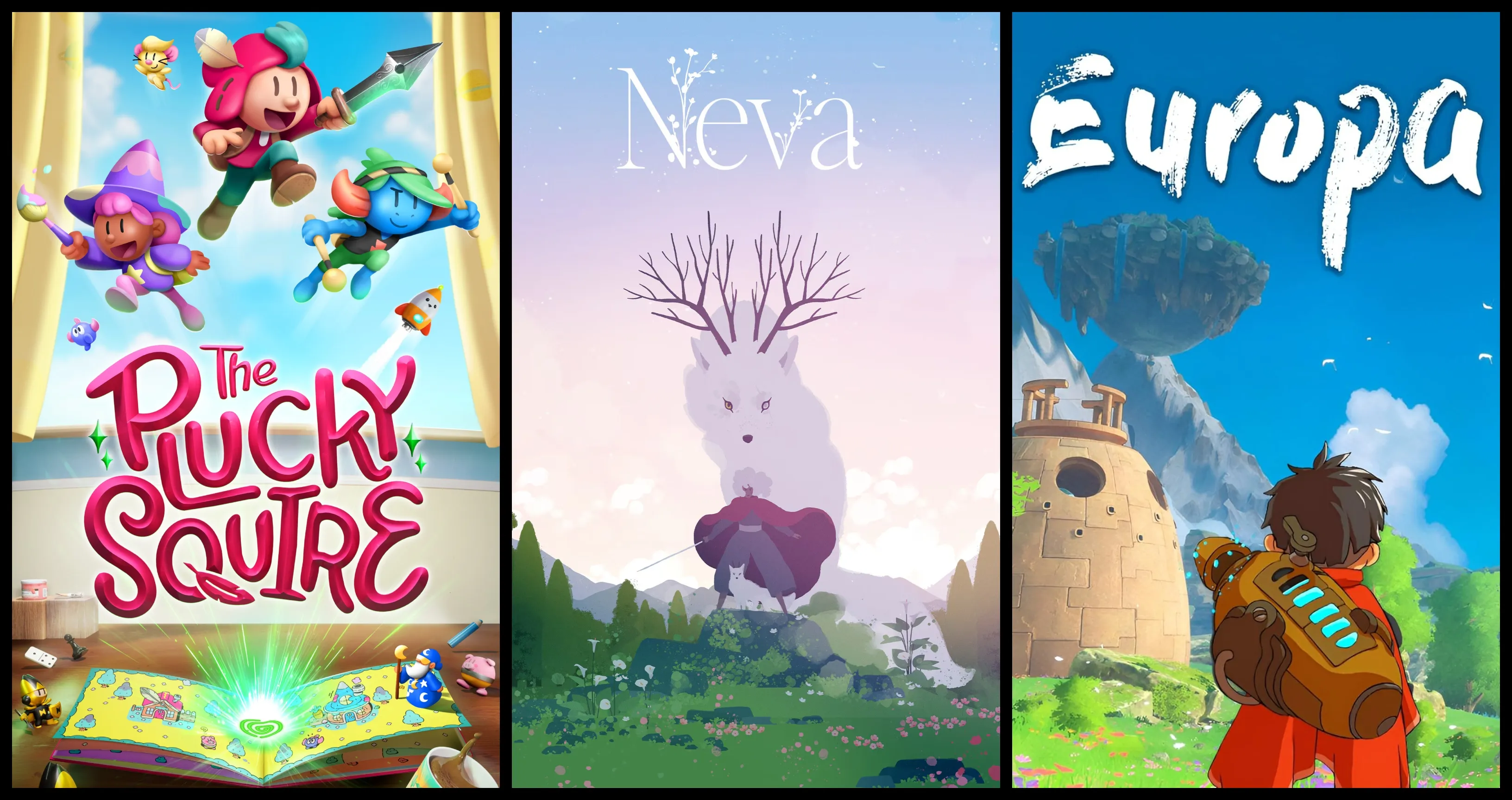
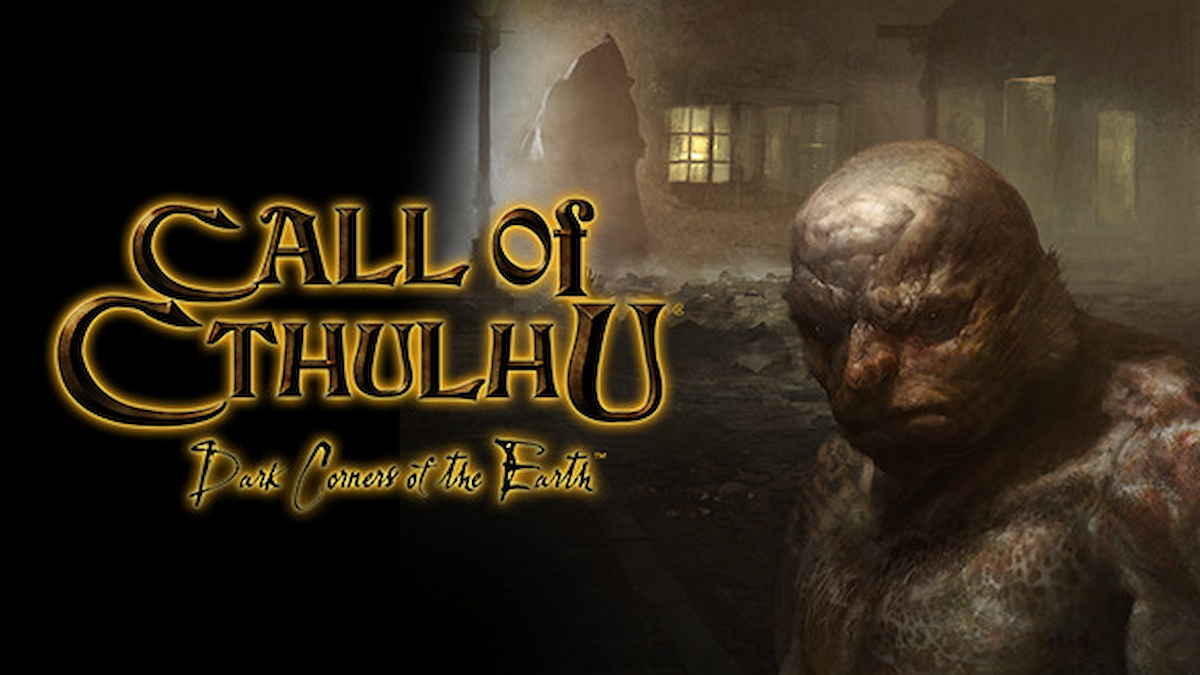
Published: Feb 5, 2017 09:44 pm